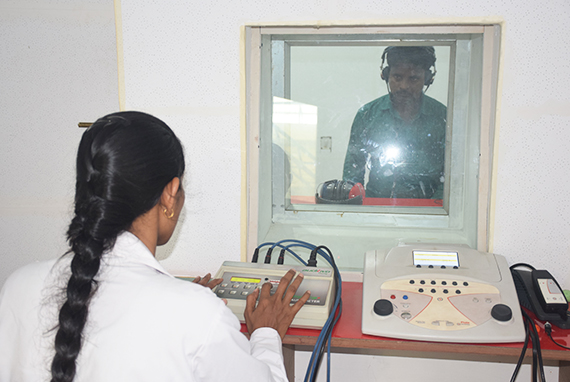The majority of us experience presbycusis, sometimes referred to as age-related hearing loss, which is a gradual hearing loss. Imagine being unable to communicate with your loved ones as you become older due to a deterioration in all of your sensory capacities, including your sense of hearing. Age also provides experience. While conversations go on around you, you are unable to join in. In most cases, hearing loss is brought on by physical alterations in the ear, auditory nerve, or brain function that process sound.
Diabetes.
the use of specific medications.
hearing nerve impairment.
changes in how the brain processes speech and sound.
damage to the tiny hairs in the ear that transmit sound to the brain.
Exposure to loud noises.
changes in the inner ear's structural makeup.
variations in ear blood flow.

A senior with hearing loss could want many replays of the talk.
They could speak louder than usual since they find it difficult to hear their own voice due to hearing loss.
They are extremely uncomfortable with stronger noises but may not hear gentler ones.
Depression.
Withdrawal from social life.
Loneliness and Anger .
Decreased personal safety.
Cognitive decline and Poor health.
Pure Tone Audiometry.
Speech Audiometry.
Auto Acoustic Emission.
Brainstem Evoked Response Audiometry (BERA).
Auditory Steady State Response (ASSR).
Immittance Audiometry.
Aural Hygiene.
Hearing Aid Trial and Fitting.
Auditory Training.
Counseling.

At Margdarsi, a group of knowledgeable experts are investigating problems with elderly hearing.The strategy we use for an individual's whole rehabilitation, which encompasses hearing, social, emotional, and psychological rehabilitation, and so enhances an individual's quality of life, makes Margdarsi the best for hearing loss in senior people.